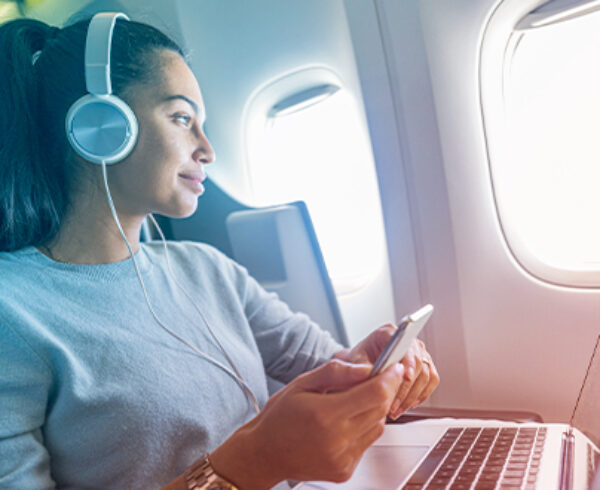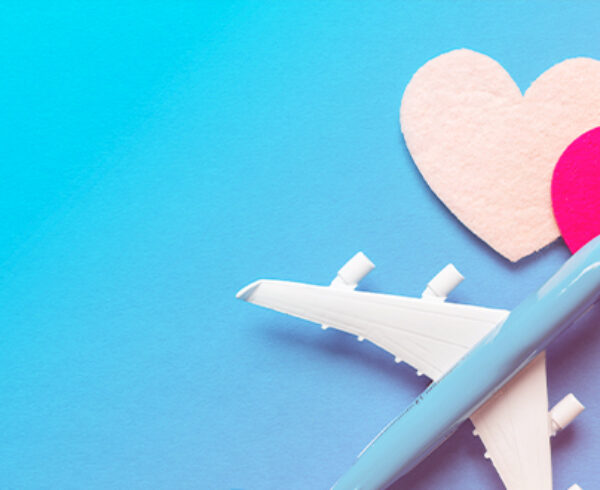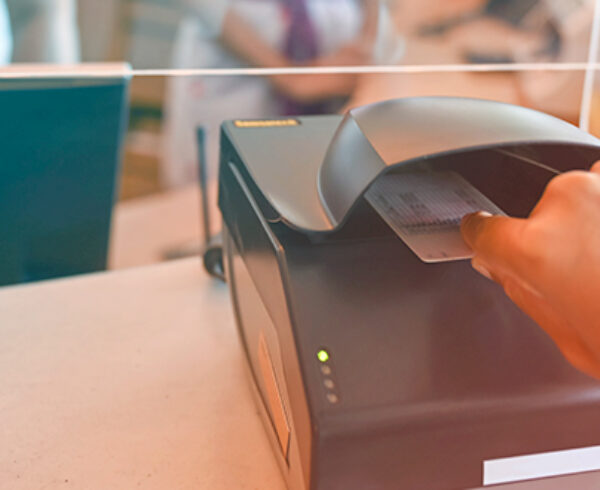Last week, facing fierce criticism over long lines and longer delays at airports, TSA Administrator (Vice Admiral) Peter Neffenger appeared on The Today Show to defend his agency saying lines would eventually get shorter. An internal audit conducted by the Inspector General before Neffenger’s appointment showed that contraband flowed past TSA screeners 95% of the time and observant personnel were punished for pointing out security lapses.
Neffenger seeks to refocus the TSA
Clearly with such results Neffenger had to admit that the TSA “was in a real crisis and had to get better at our mission” and they were not “paying close enough attention”. Neffenger’s first reaction to the audit was to slow down the lines and shift many people back to the standard lines following “an unsafe practice of moving people in”.
The focus remains on “protecting the aviation system” and Neffenger is clear that a “fundamental transformation of the way we think internally” is necessary. Neffenger has stated that the personnel policies and practices of the past are unacceptable. For example, he would no longer accept TSA employees being transferred or reassigned for pointing out lapses in security – the “people who are just trying to bring forward good ideas” should be encouraged and not the other way around.
On average, a TSA worker makes about $30,000 a year – less than a typical manager at McDonalds ($42,000). As Matt Lauer observed, “Shouldn’t a guy or a woman trusted responsible for keeping a bomb, a gun or a knife off a plane be paid more, and does congress need to loosen the purse strings?” Neffenger thanked Lauer for recognizing the “most dedicated people he’s seen”, admitting that he would like to see pay and benefits reform across the system.
Travelers link long security lines to baggage fees
Travelers feel that a major point of contention is that airlines are not doing enough to help Homeland Security reduce the lines, refusing to drop checked bag fees (even after 2015’s record breaking profits). Many people feel that these fees increase the amount of carry-on bags, thus slowing security lines. Neffenger sings a different tune, praising airlines for hiring support staff to help with non-security related duties such as running the bins back and forth. His focus is getting airlines to strictly enforce the “1+1 rule” – one carry-on, one checked bag, period.
Matt Lauer pressed but “if they simply dropped the first bag fees, would the lines get shorter?”
Neffenger refused to admit a direct correlation between the bag fees and security lines, but he knows that “there is a direct correlation between people carrying prohibited items through a checkpoint and slowing down a checkpoint”.
So where does that leave travelers?
Savannah Guthrie finally asked Neffenger to “give it to us straight: should {the public} expect these long lines to continue? Should they, for this summer, come two or three hours early?”
Avoiding a direct response Neffenger remarked that with 100 million more people expected to be traveling this summer, the top 20 airports will see the biggest challenge and although they are directing resources to reduce the lines, the fact remains that you will likely see long lines but Neffenger hopes that “you’ll move efficiently through the system”.














Leave a Comment